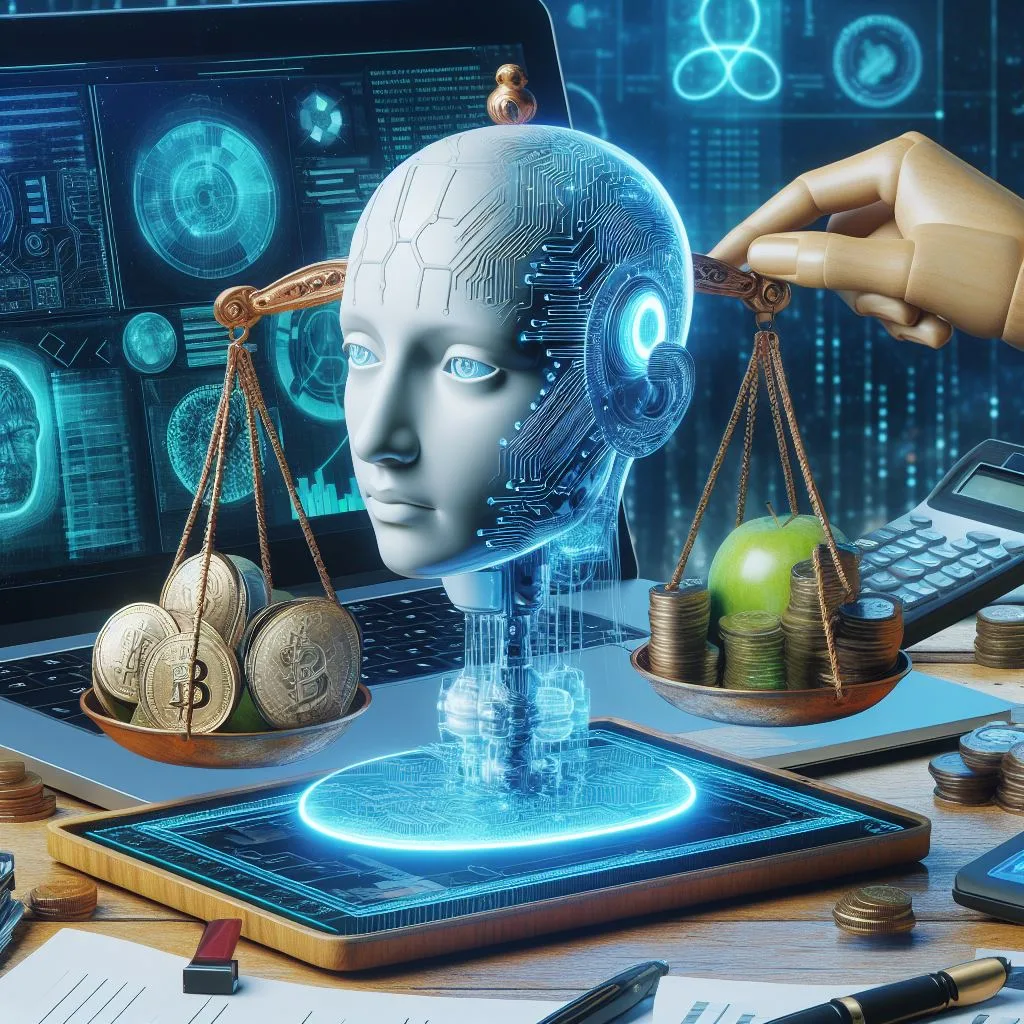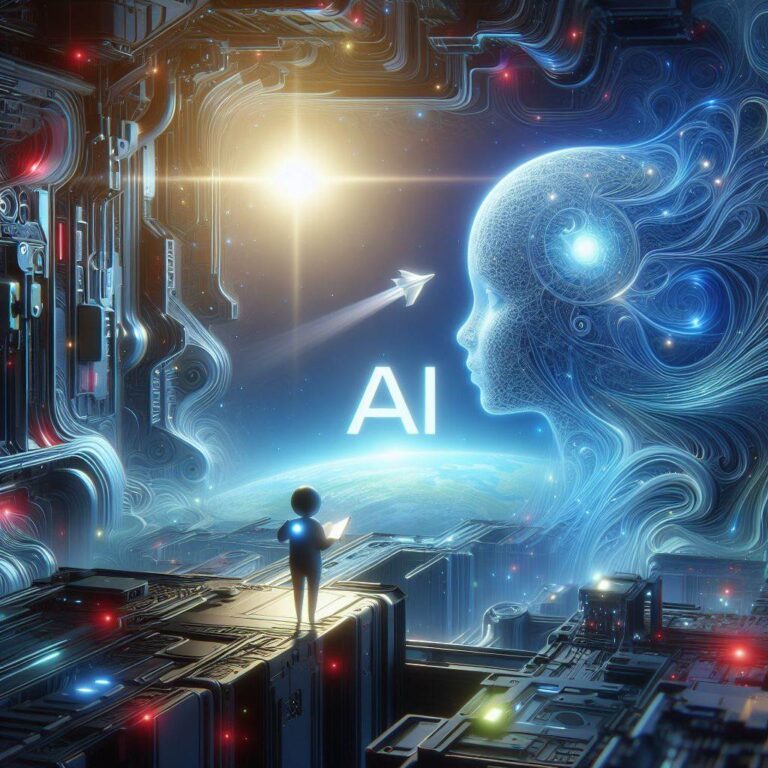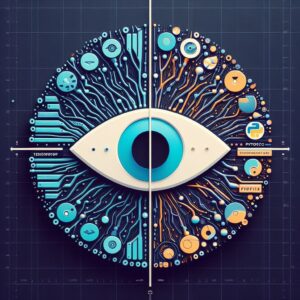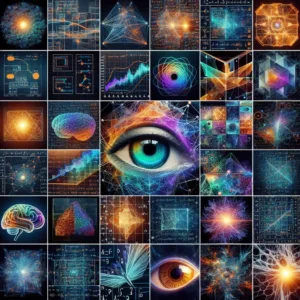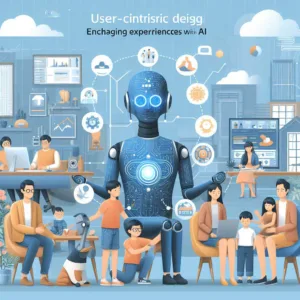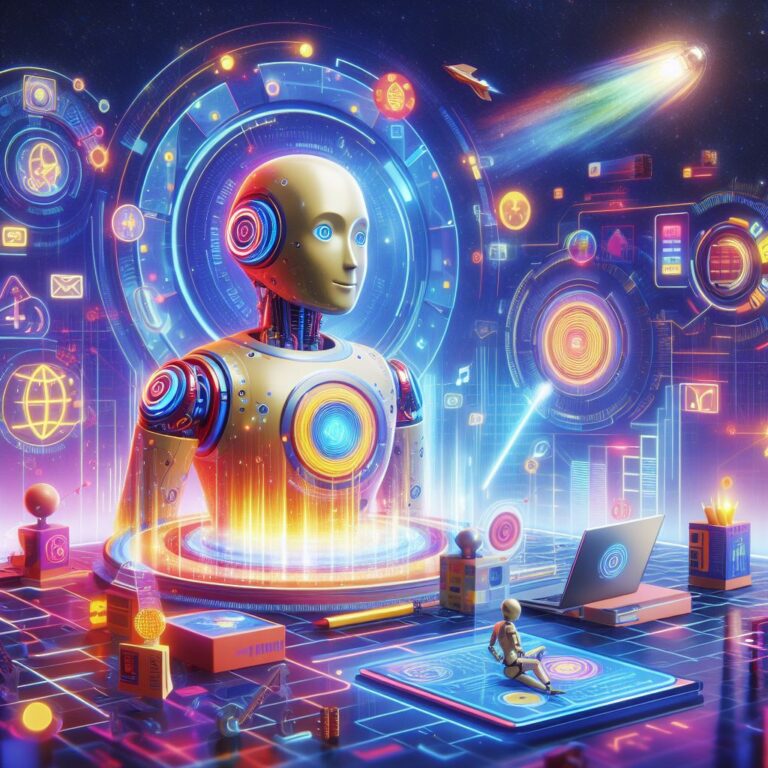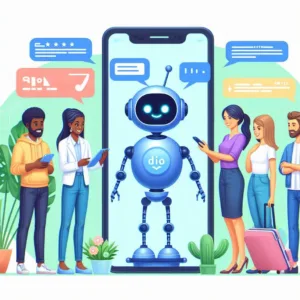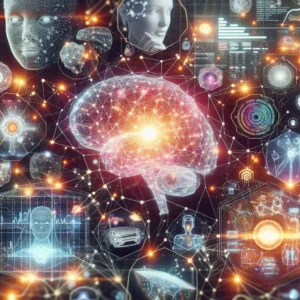Let’s embark on a journey into the realm of AI ethics, where the lines between technology and morality intersect. As we navigate through this intricate landscape, we’ll explore the ethical considerations surrounding artificial intelligence. From grappling with algorithmic bias to safeguarding data privacy, we’ll uncover the challenges and opportunities that lie ahead. Whether you’re a tech enthusiast, a policymaker, or simply curious about the ethical dimensions of AI, this exploration promises to shed light on the intricate world of ethics in artificial intelligence. Join us as we delve deeper into this fascinating topic, guided by the solid keyphrase of “ethics in AI.”
Navigating the Ethical Landscape of AI Innovation
Understanding Moral Implications
In the rapidly developing world of AI innovation, it’s important to navigate the complex ethical countryside. As AI technologies become more integrated into various facets of society, from healthcare to finance, ethical concerns arise regarding dossier privacy, bias mitigation, and responsibility. By understanding the ethical implications of AI novelty, developers can ensure that their concoctions uphold moral principles and provide positively to society.
Achieving Ethical Frameworks
To address moral challenges in AI innovation, it’s essential to implement strong ethical frameworks. These foundations provide guidelines for moral AI development, encompassing standards such as transparency, justice, and accountability. By integrating righteous considerations into the design and implementation of AI structures, developers can mitigate potential harms and build trust accompanying users and stakeholders. Executing ethical frameworks guarantees that AI technologies align with accompanying societal values and enhance the greater good.
Promoting Righteous Dialogue
In addition to achieving ethical frameworks, advancing open and inclusive dialogue about moral considerations is crucial. This talk involves engaging accompanying stakeholders, including policymakers, ethicists, and society, to discuss the ethical suggestions of AI innovation. By fostering understandable and collaborative discussions, planners can gain valuable insights into ethical crises and co-create solutions that plan out ethical values. Promoting moral dialogue fosters an education of responsibility and accountability in AI change, ensuring that technology serves benevolence ethically and responsibly.
The Intersection of Technology and Morality: Ethical Considerations in AI Development
Understanding Righteous Implications
In the rapidly developing world of AI innovation, it’s important to navigate the complex ethical countryside. As AI technologies become more and more integrated into various facets of society, from healthcare to finance, ethical concerns arise regarding dossier privacy, bias mitigation, and responsibility. By understanding the ethical implications of AI change, developers can ensure that their concoctions uphold moral principles and donate positively to society.
Executing Ethical Frameworks
To address moral challenges in AI innovation, it’s essential to implement strong ethical frameworks. These foundations provide guidelines for righteous AI development, encompassing standards such as transparency, justice, and accountability. By integrating righteous considerations into the design and implementation of AI schemes, developers can mitigate potential harms and build trust accompanying users and stakeholders. Achieving ethical frameworks guarantees that AI technologies align with accompanying societal values and help the greater good.
Promoting Moral Dialogue
In addition to achieving ethical frameworks, advancing open and inclusive dialogue about righteous considerations is crucial. This talk involves engaging accompanying stakeholders, including policymakers, ethicists, and society, to discuss the ethical associations of AI innovation. By fostering obvious and collaborative discussions, builders can gain valuable insights into ethical crises and co-create solutions that supply instructions on ethical values. Promoting righteous dialogue fosters education of responsibility and accountability in AI novelty, ensuring that technology serves benevolence ethically and responsibly.
Striking a Balance: Ensuring Ethical Practices in the Age of AI
Receiving Ethical Principles
In the age of AI, the extraordinary balance between innovation and righteous practices is paramount. As electronics continues to advance, it’s essential to guarantee that ethical considerations guide all stages of AI development. Developers must espouse ethical principles to a degree of transparency, justice, and accountability to mitigate potential risks and guarantee that AI technologies benefit society all at once. By prioritizing ethical practices, developers can build trust accompanying users and stakeholders and promote a culture of trustworthy innovation.
Navigating Moral Challenges
However, navigating righteous challenges in AI development can be complex. Issues to a degree of algorithmic bias, data solitude, and autonomous accountability pose significant ethical crises that require careful concern. Developers must proactively identify and address these challenges to support ethical standards and prevent unintended results. By implementing mechanisms for moral review and accountability, developers can guide along the route, often water these challenges more effectively, and ensure that AI sciences align with society’s values.
Collaborative Works for Ethical Novelty
Addressing ethical concerns in the age of AI requires collaborative exertions across various stakeholders. Policymakers, manufacturing leaders, researchers, and ethicists must agree to establish supervisory frameworks, ethical directions, and best practices for AI development. By fostering cooperation and sharing insights, colleagues can collectively address ethical challenges and advance responsible novelty. Together, they can create a future where AI sciences enhance human well-being while regarding ethical principles and society values.
Join the effort to ensure ethical practices in AI development and contribute to shaping a more responsible future.
Ethics in AI: Challenges and Opportunities for Responsible Innovation
Guiding along the route, often over water Ethical Complexities
As AI resumes to permeate miscellaneous aspects of our lives, addressing moral considerations has become superior. One of the basic challenges is navigating the complexities of righteous dilemmas that arise in AI happening and deployment. Issues in the way that algorithmic bias, data solitude, and the impact on society present important challenges that developers and policymakers must endure. By acknowledging these challenges and actively pursuing solutions, we can pave the way for mature AI innovation that benefits benevolence.
Opportunities for Ethical Novelty
Amidst the challenges, there are further opportunities for righteous innovation in AI. By integrating moral principles into the design and implementation of AI structures, developers can lighten risks and enhance trustworthiness. See-through algorithms, fairness-knowledgeable models, and privacy-preserving methods are just a few examples of using what ethical concerns can drive innovation in AI. Embracing these times allows us to harness the transformative capacity of AI while ensuring that it joins with our values and righteous standards.
Building a Sophistication of Responsibility
Eventually, building a culture of maturity is essential for ensuring ethical AI change. This involves supporting awareness, dialogue, and cooperation among stakeholders to address righteous challenges collectively. Experiencing developers, policymakers, and the public about the moral implications of AI fosters a joint understanding and commitment to moral practices. By promoting transparency, responsibility, and inclusivity, we can create an ecosystem place AI serves society’s best interests while regarding fundamental ethical principles.
Conclusion
In encasing up, it’s clear that ethics in AI are important for shaping the future of technology. While we face challenges, we again have immense hope for innovation and progress. By adopting ethical law, we’re not just creating better AI systems – we restore trust with consumers and communities. Let’s keep the dialogue going and work together to ensure that AI serves benevolence in the best attainable way. However, it’s not just about the science – it’s about making a positive impact on the experience around us.


